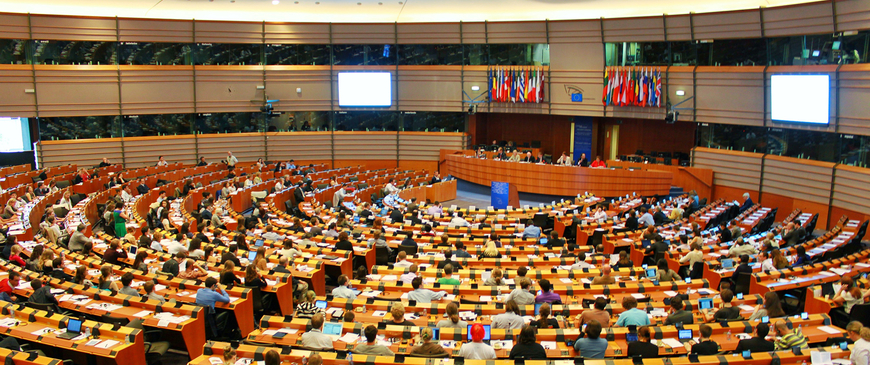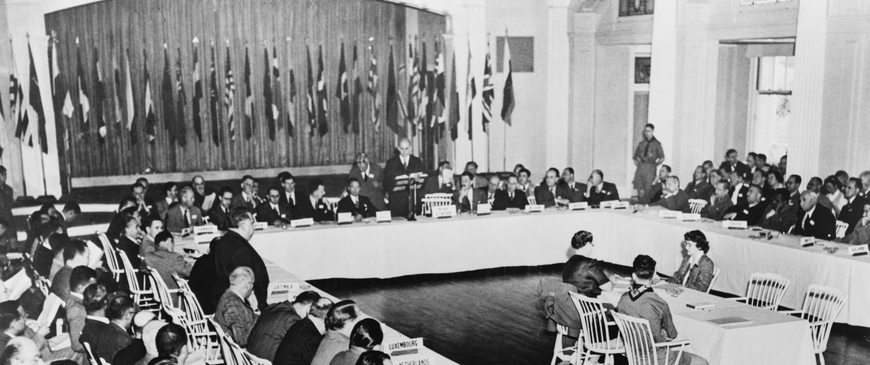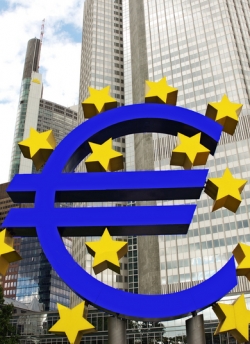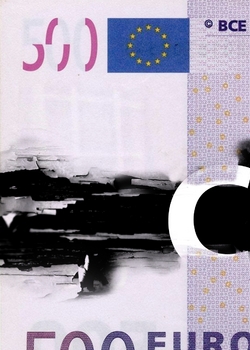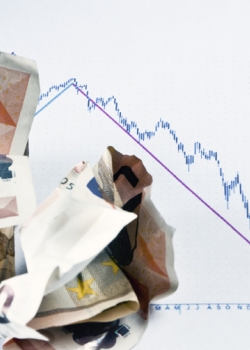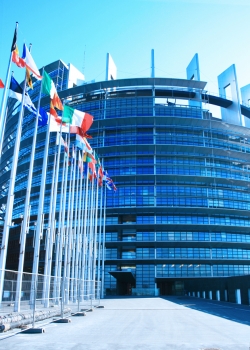Macroeconomics & the euro
The price of German leadership
17 November 2010
Financial Times
The euro, the European Union’s boldest and most ambitious project, is under threat. Divisions among Europe’s leaders, and their inability to stabilise the euro, have damaged the EU’s reputation on other continents. The good news is that the EU now has an emerging leader.
Why Germany is not a model for Europe
10 November 2010
Der Tagesspiel
Germany's economy has been winning numerous plaudits of late. It is not hard to see why. Previously much-vaunted economies "Ireland, Spain, the UK and the US, to name just four" lived way beyond their means for far too long.
EU economic reforms fall short on growth
30 September 2010
Financial Times
The European Commission announced proposals for reform of eurozone governance on Wednesday, calling for closer monitoring of member states’ public finances and tougher penalties for alleged fiscal ill-discipline.
How to fix the eurozone
27 September 2010
International Herald Tribune
A recent European Union meeting to review blueprints for better management of the euro got overshadowed by a noisy row over France’s decision to send scores of Roma – or gypsies – back to Bulgaria and Romania.
The strategic consequences of the euro crisis
01 September 2010
Europe's world
The euro crisis will be with us for many years. The underlying causes, such as southern Europe's lack of competitiveness, cannot be remedied overnight; Greece, Italy, Portugal and Spain face years of low growth, severe curbs on public spending and perhaps social unrest.
The euro's success requires liberalisation
26 August 2010
The Wall Street Journal
Critics of the euro zone have long claimed that it suffers from structural flaws that threaten its long-term survival. The Greek sovereign-debt crisis has done much to vindicate these misgivings.
Germany's euro advantage
13 July 2010
International Herald Tribune
Prior to the introduction of the euro, European economies running big trade deficits routinely devalued their currencies against the Deutschmark and other currencies tied to it. This prompted allegations of beggar-thy-neighbor activity and even calls for protectionism.
Merkels bezuiniging is onverantwoordelijk
14 June 2010
NRC Handelsblad
Het Duitse besluit om sterk te gaan bezuinigingen is volkomen verkeerd. De Duitsers moeten juist gaan consumeren, betoogt Simon Tilford.
Elke economie in de eurozone slaat halsoverkop aan het hakken in de overheidsuitgaven. Het lijdt geen twijfel dat de eurozone en de EU als geheel een grote uitdaging op begrotingsterrein te...
Elke economie in de eurozone slaat halsoverkop aan het hakken in de overheidsuitgaven. Het lijdt geen twijfel dat de eurozone en de EU als geheel een grote uitdaging op begrotingsterrein te...
EU learnt from Greek experience
09 May 2010
Financial Times
Sir, Lex on the Portuguese bail-out (May 4) implies that the International Monetary Fund would have imposed more rigorous criteria on the crisis-hit country than the “soft-touch” European Union.
Le G20 a manqué une chance de réformer la finance
24 April 2010
La Tribune
Vendredi après-midi, ministres des Finances et banquiers centraux des pays riches et émergents du G20 se sont réunis à Washington pour discuter des projets de régulation du secteur financier.
Greece rescue is just a sticking plaster
30 March 2010
The Guardian
For several years it has been evident that any momentum the European Union had for further integration has been dwindling. For instance, despite the entry into force of the Lisbon treaty, the EU shows few signs of developing more united and effective foreign policies.
Europe cannot afford to let Greece default
15 January 2010
Financial Times
The eurozone cannot afford to make an example of crisis-hit Greece. Claims by officials and politicians in the currency bloc's fiscally more robust economies - including Wolfgang Schauble, Germany's finance minister - that the Greeks will have to find their own way out of the crisis, are not credible.


